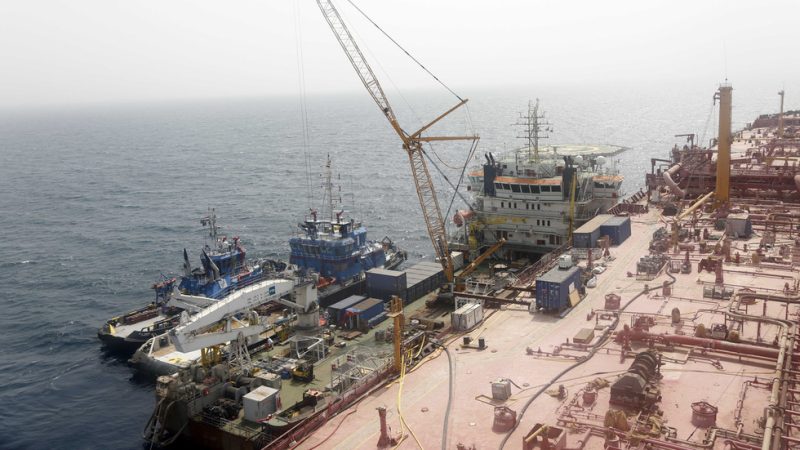
The United States Central Command (CENTCOM) announced airstrikes targeting the Ras Isa fuel port in Yemen, a facility allegedly used by the Houthi movement to fund their operations. This action, while framed as a counter-terrorism measure, has sparked significant debate and raised concerns about its potential humanitarian consequences.
The US military claims the port served as a crucial source of revenue for the Houthis, enabling their ongoing conflict and alleged terrorist activities. By disrupting this supply chain, CENTCOM argues, the strikes aim to weaken the group’s capabilities and ultimately contribute to regional stability. However, critics are quick to point out the potential for widespread civilian suffering. Ras Isa is a vital hub for fuel distribution in Yemen, a country already grappling with a devastating humanitarian crisis. Disrupting its operations could exacerbate fuel shortages, impacting essential services like healthcare and electricity, and potentially pushing already vulnerable populations further into despair.
The timing of the strikes also adds another layer of complexity. Yemen is embroiled in a protracted civil war, with ongoing humanitarian needs and fragile peace negotiations. This military action risks undermining diplomatic efforts and potentially escalating the conflict, further delaying the desperately needed path to peace. International organizations and humanitarian groups have expressed deep concern, highlighting the potential for unintended consequences and the urgent need for a comprehensive approach to addressing the conflict that prioritizes civilian protection.
The long-term effects of the strikes remain to be seen. While the US may view this as a targeted blow against the Houthis’ financial capabilities, its impact on the broader Yemeni population and the overall stability of the region is a critical consideration. The situation underscores the complex challenges of counter-terrorism operations in conflict zones, and the need for careful consideration of the potential collateral damage, both immediate and long-term, on civilian populations. The international community must closely monitor the situation and demand transparency and accountability for the actions taken.










